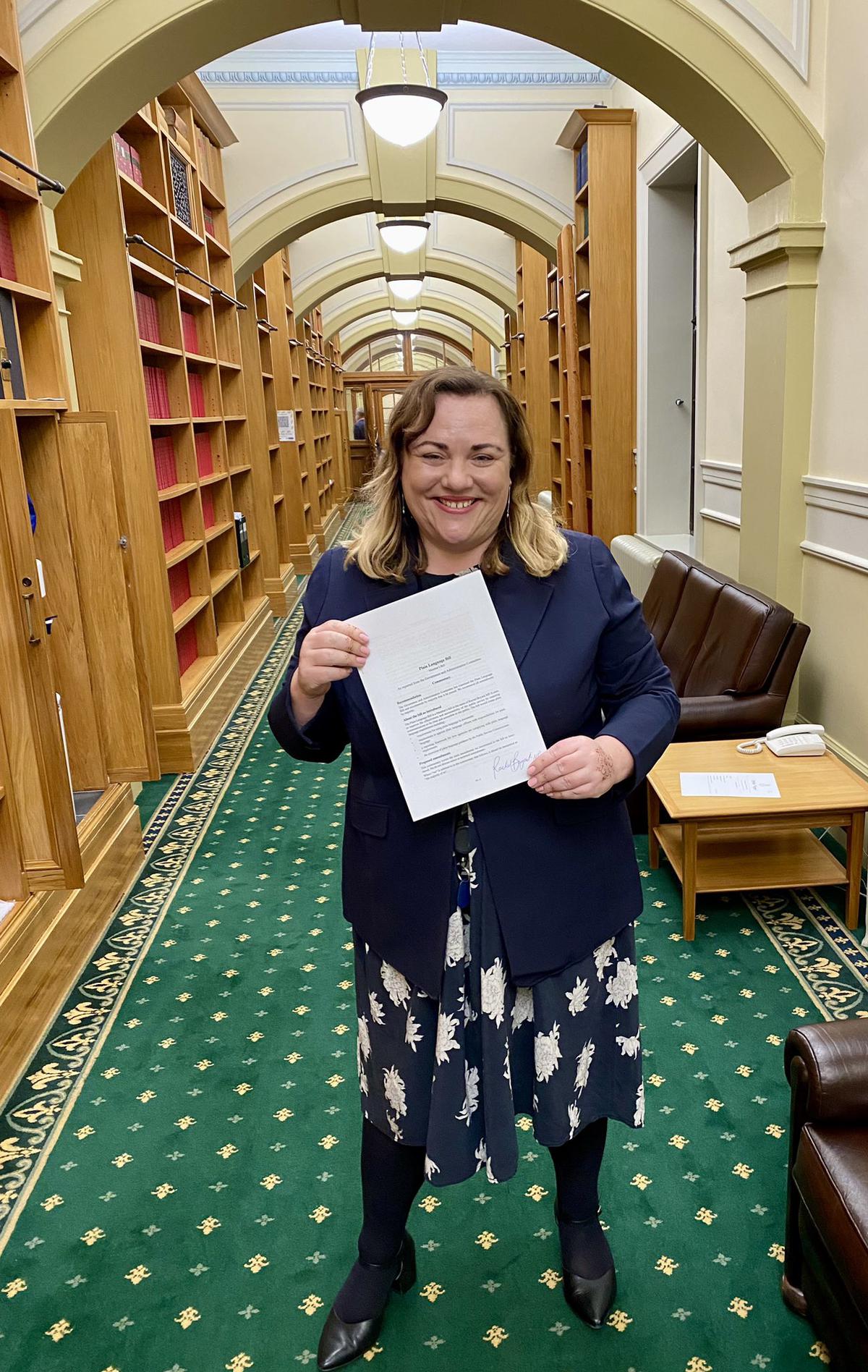
Explained | New Zealand’s Plain Language Bill
The Hindu
The Act aims to “improve the effectiveness and accountability of the public service by requiring communications to be clear and accessible to the public”.
The story so far: New Zealand passed the Plain Language Act on Wednesday, which will require the country’s officials to use simple, easily understood English language in official documents and on websites.
The final debate and vote on the Bill took place on October 19, 2022, when the Bill was passed. It received royal assent on October 21, 2022.
The Labour Party’s Rachel Boyack, member of New Zealand’s Parliament from Nelson, introduced the Plain Language Bill in the Assembly last year, with the aim to “improve the effectiveness and accountability of the public service by requiring communications to be clear and accessible to the public”.
Accessibility and inclusivity are the primary motivation behind the Bill.
According to the Bill, plain language is language the intended audience can understand after reading it once. It is “clear, concise, and well-organised".
The Bill does not specify which language “plain language” refers to specifically, but the explanatory note in the Bill says that it is intended to promote the use of “plain English”. Legislators think limiting the application of the Bill to English is a good idea. At the same time, the Bill also noted that it will not restrict public service agencies from using Māori language, the language of the indigenous people of New Zealand, in their documents.
The Plain Language Bill listed the following requirements under the Act:











